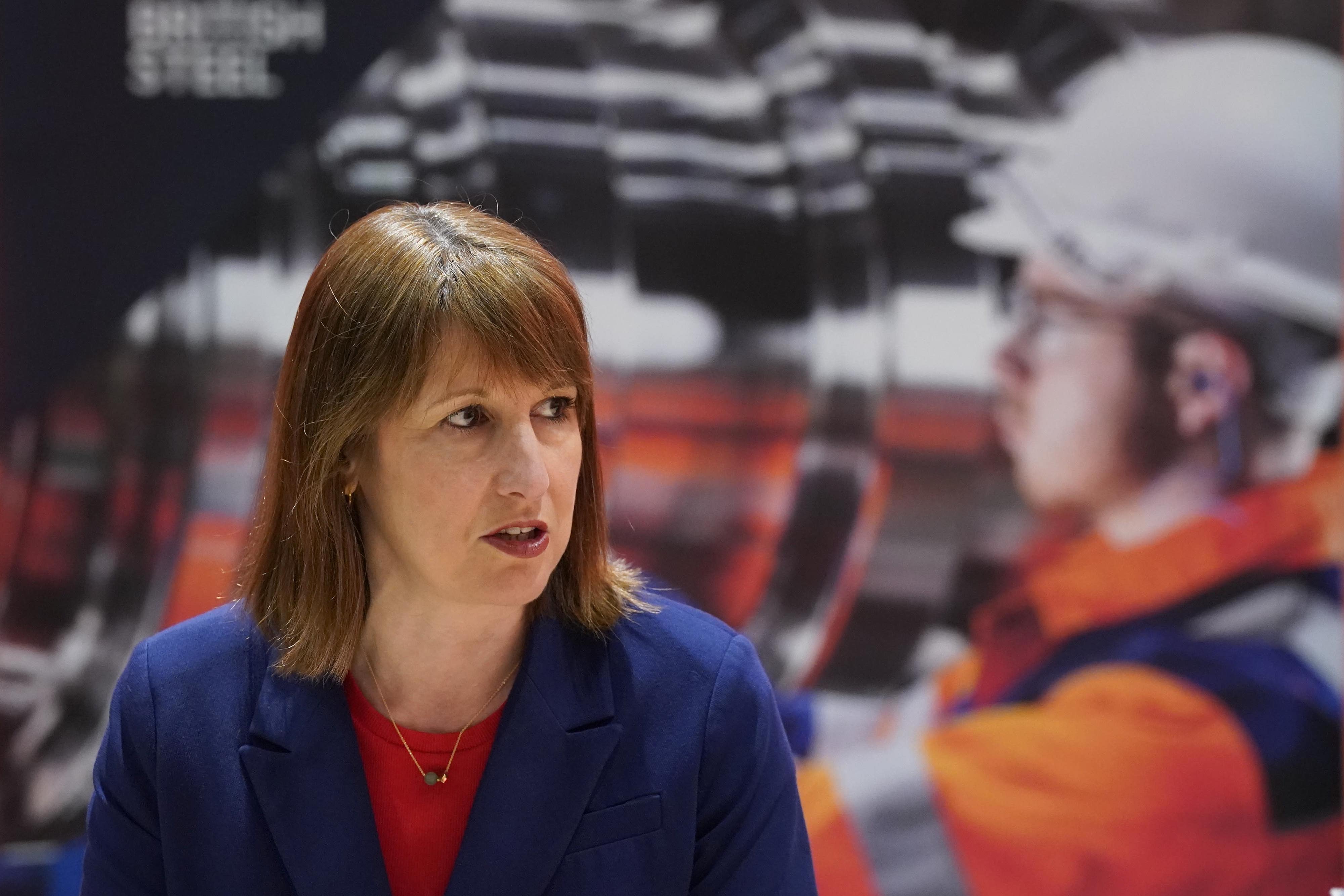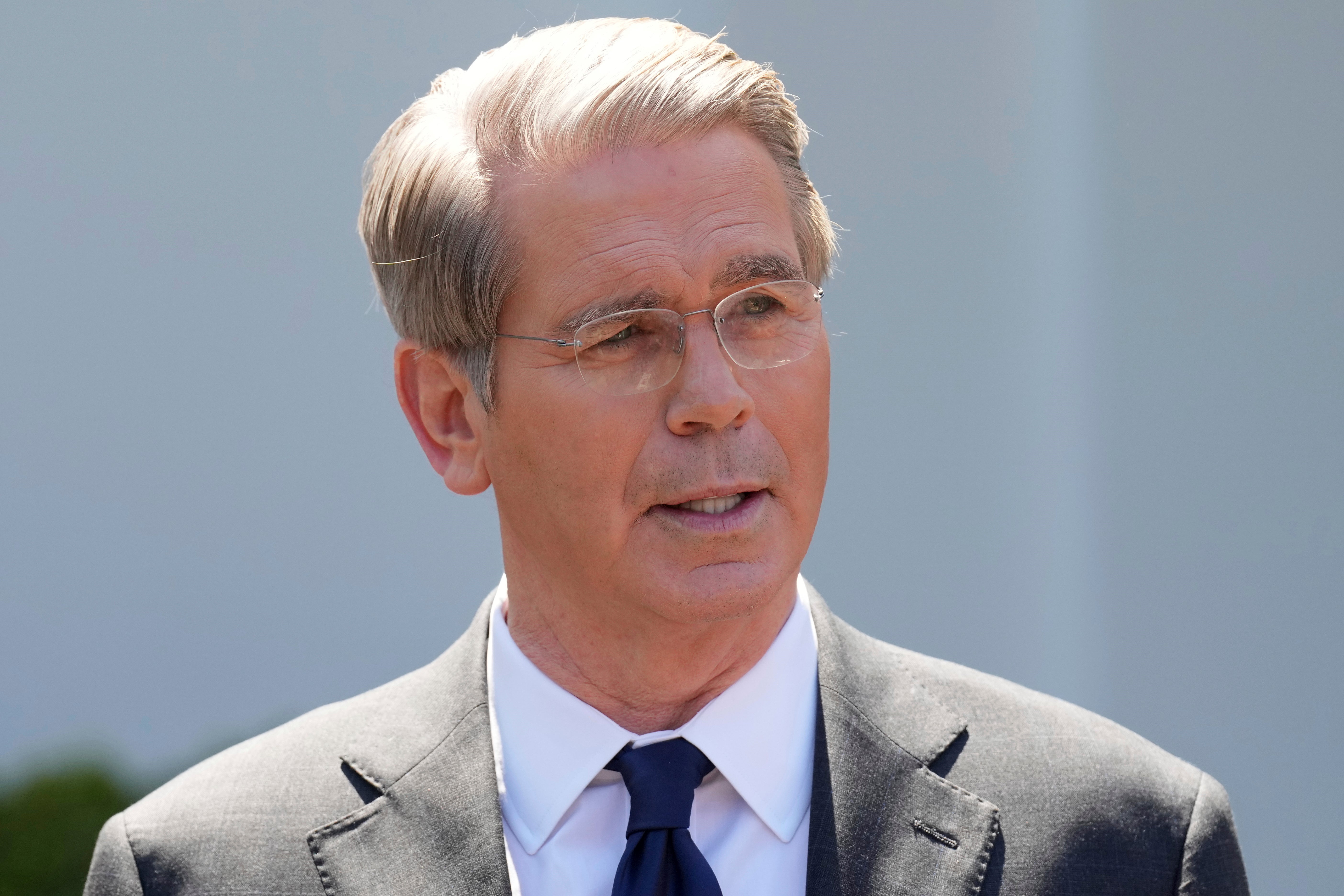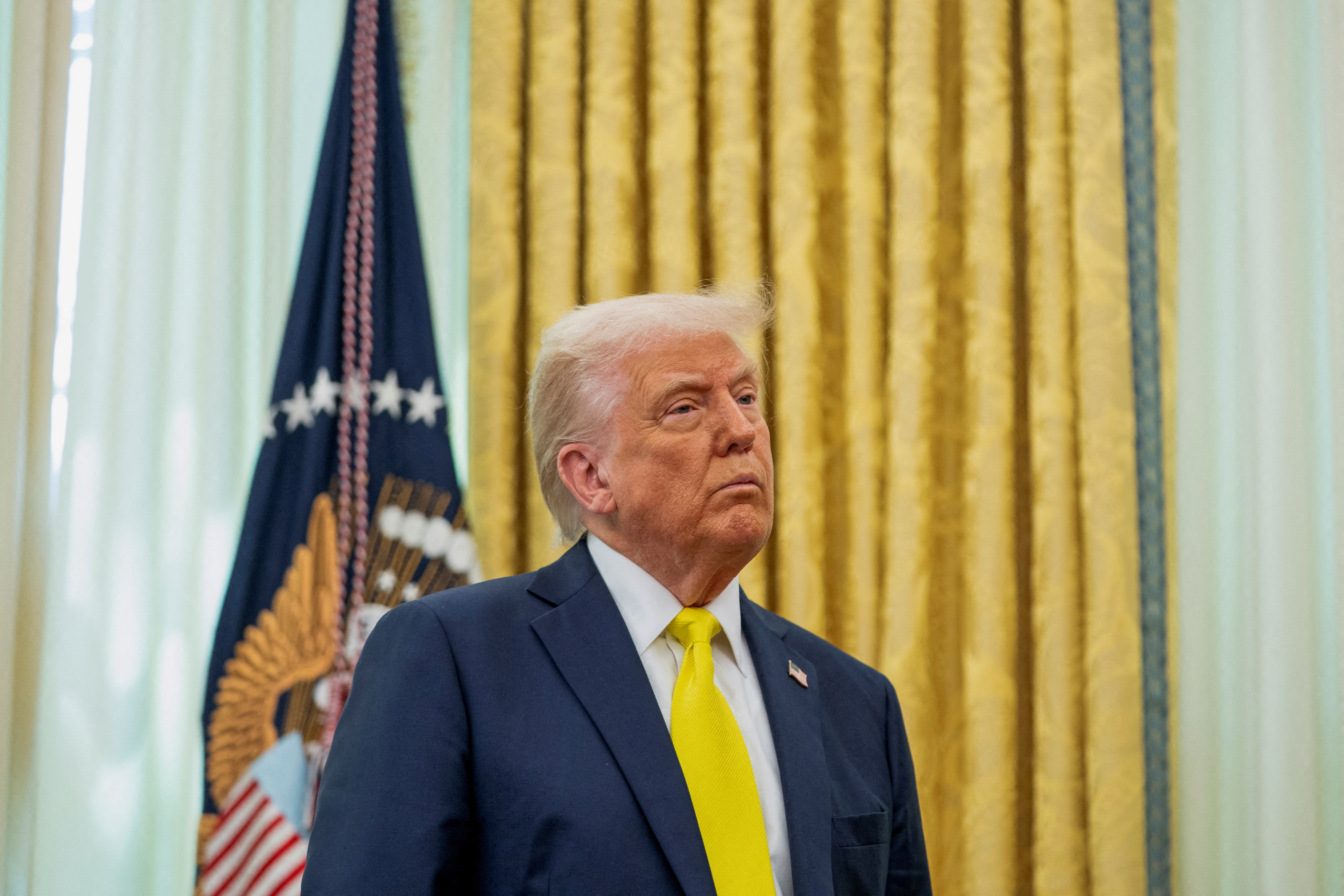The International Monetary Fund (IMF) has slashed the UK’s economic growth forecast in a fresh blow to Rachel Reeves, upping the ante as the chancellor prepares to hold talks in Washington DC this week.
Ms Reeves is expected to have her first face-to-face meeting with her US counterpart, treasury secretary Scott Bessent, as she pursues a new economic agreement the UK hopes can offset some of the cost of Donald Trump’s trade tariffs.
But the news of the growth downgrade, more severe than the prediction for the rest of Europe, will increase the pressure on the chancellor to secure a deal – or face the spectre of tax rises or even more spending cuts later this year.

Ms Reeves had hoped to use this week’s visit to Washington to try to turn around Britain’s economic fortunes.
The government has been warning about the need to get growth into the economy for months.
But the IMF downgrade lays bare the effects of the US president’s trade tariffs, which have wreaked havoc on the world economy since they were announced and then, at least partially, paused.
James Smith, research director at the Resolution Foundation think tank, told The Independent: “What really stands out here is how much tariffs will hurt the economy, that is what is coming out from the IMF’s report.”
And he warned there could be more bad news ahead. Asked if there was the possibility of more IMF downgrades in the future, he said: “Potentially. And if there is an all-out trade war, then for sure that is the way it will go.”

The IMF predicted growth will stall by 0.5 per cent in 2025, with a further downgrade of 0.1 per cent in 2026. The downgrade means the economy will grow by just 1.1 per cent next year, and 1.4 per cent the year after.
The organisation blamed rising government borrowing costs as a result of Mr Trump’s tariffs as well as higher inflation and high energy costs in the wake of Russia’s invasion of Ukraine.
Already the downgrade, of 0.5 per cent, threatens to almost wipe out the fiscal headroom Ms Reeves created in her spring statement last month, meaning she risks having to make further controversial spending cuts or raise taxes in her Budget later this year.
Trade expert David Henig said the IMF’s forecast increased the pressure on the chancellor to secure a deal in the US, as well as with other countries.
He said it was “obviously good if we can avoid as many tariffs as possible, but some of this will be a global effect emphasising also the need to strengthen other trade relations”.
In response to the IMF’s verdict, a defiant Ms Reeves pointed to the fact that the report “clearly shows that the world has changed”.

In Washington, where the chancellor will also take part in the IMF’s spring meetings with other G7 and G20 countries, she is expected to make a robust case for free trade in response to Mr Trump’s tariffs. And in her talks with Mr Bessent, she is expected to urge the Trump administration to cut tariffs on UK car and steel exports as well as fast-track negotiations for an economic agreement.
British officials believe they are unlikely to secure an exemption from Mr Trump’s 10 per cent global tariff, but they hope to cut a deal to reduce the 25 per cent rates he has announced on cars entering the US. Before leaving the UK Ms Reeves made it clear that she would not accept a bad deal, following warnings the US wants the UK to accept goods such as chlorinated chicken, which previous governments have ruled out, saying: “Any deal that is able to be secured will always have front and centre British national interest.”
While Ms Reeves is expected to discuss the potential economic agreement with the US, no breakthrough is expected on this trip.
But the chancellor will hope she can set the wheels in motion enough to limit the fallout on the already struggling British economy.
US Treasury secretary says trade war with China is not 'sustainable'
Judge extends ban on deportations from Colorado stemming from Trump's use of 1798 law
Reeves’ growth forecast slashed with Trump tariffs hitting UK harder than EU
Divided Supreme Court finds some deadline flexibility for immigrants who agree to leave U.S.
RFK Jr. plans to phase out eight artificial dyes from the US food supply
Keir Starmer U-turns to say trans women are not women after Supreme Court ruling







